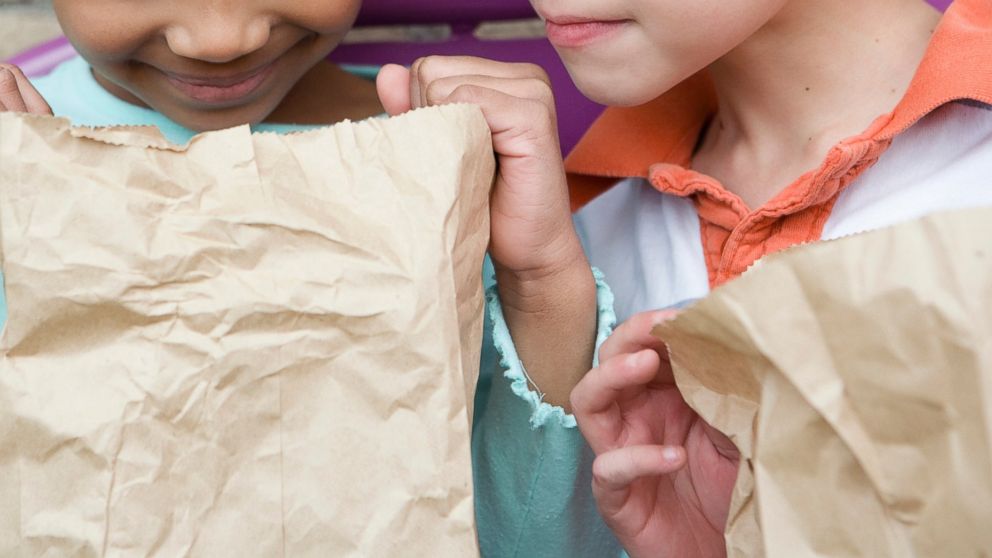How Parents of Kids Without Allergies Can Be Mindful of Kids Who Do
Your kid doesn't have food allergies? How to be sensitive to those who do.

— -- With back-to-school comes tricky situations: lunch tables, birthday parties and food allergies. Even if your child doesn't have food allergies, it's often a sensitive topic for all parents.
Parents of kids with allergies want to make sure their kids are protected and parents of kids without allergies often have no idea what the proper protocol is when it comes to sending food to school.
"Allergy parents," as they're sometimes referred to, are well-aware of foods that may pose a danger -- and even aware of foods that aren't in an of themselves harmful but may be contaminated by food made in the same facility that are.
But if the school has no official policy when it comes to food, these parents can't rest easy -- even if their kid is aware of what they can and can't eat, there's always the possibility of error, especially in the younger grades.
But parents of kids without allergies can help.
Many may say it's not their problem, but it's in everyone's best interest that the school and parent body is one of understanding and sensitivity to other's needs. We asked Kara Corridan, Health Director at Parents magazine, for her top tips for parents of kids without allergies to help protect their kids' classmates as best they can.
-- First, teach your own children to respect the way others kids eat – whether they’ve been diagnosed with an allergy or no, said Corridan. At least one-third of children with food allergies are bullied for their allergies, so educating your children that their classmates’ food may look different and that their food choices need to be respected is a good first step.
-- Communication is key. If your school doesn’t have an official policy on foods your child can bring to school, ask to speak to the nurse or an advisor to find out if there are any products they’d prefer you not send to school – like peanut butter. Corridan said restrictions may be on a case-by-case basis so best to find out if there are kids in your child’s class with an allergy.
-- If you’re hosting a party, be proactive and send a text or email to let a parent of a child with allergies know what you’re serving. Consider asking what a safe alternative is and offer to bring that option for their child. If you're providing a classroom snack or treats, ask the teacher if anyone has a food allergy and what is safe for that child to eat.
-- When having a child to your home, make sure you have an OTC antihistamine on hand (such as Benadryl or Zyrtec) in case of a reaction,Corridan suggested. If you suspect a food has caused a mild reaction—such as a few hives or nasal congestion—give a dose of antihistamine and call the doctor. For a more severe reaction, call 911.
-- Corridan said the most common items that kids are allergic to are: peanuts, milk, shellfish, tree nuts, eggs, fin fish, wheat and soy. When sending a treat or snack consider a healthy alternative to processed foods and go with fresh fruit, popsicles or veggies with dip.



